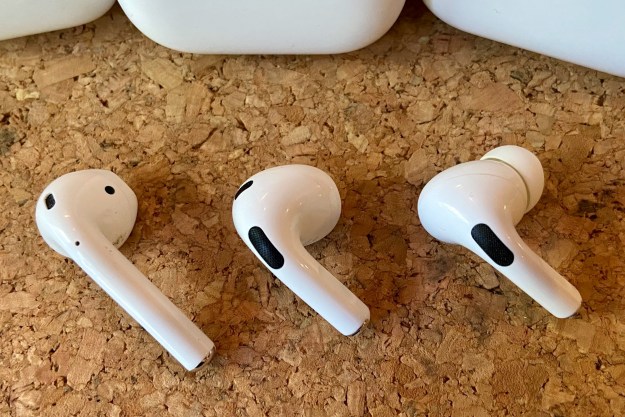Soon we won’t have Cingular to kick around anymore. Beginning Monday, a new advertising campaign will get underway in which Cingular—the largest wireless phone network in the U.S.—will see its identity taken away and replaced with that of the newly reconstituted AT&T. For a short time, the shift will be marked by a transitional graphic that contains both the AT&T and Cingular logos, but eventually the AT&T logo will take center stage on all customer communications and advertising, as well as on company buildings, vehicles, and retail outlets.
“Around the world, our customers recognize the AT&T brand for meaningful innovation, a commitment to customer service, high quality and exceptional reliability,” said Edward E. Whitacre Jr., chairman and CEO of AT&T, in a release. “AT&T, BellSouth, and Cingular are now one company, and going to market with our services under one brand is the right thing to do.”
The path to AT&T controlling Cingular is tortuous: AT&T Wireless started off as a separate company spun off from the original AT&T; Cingular bought AT&T Wireless and killed off the brand…but then one of Cingular’s owners, SBC, bought what remained of the original AT&T and took the brand for its landline services. This new AT&T later bought BellSouth—which just happened to be Cingular’s other owner. And now everything is AT&T all over again.
Not that Cingular hasn’t left some bad blood in its wake: a pending class action suit against the company alleges it intentionally let service on the AT&T Wireless network degrade as a way to get customers to switch to Cingular…and then charged them early termination fees on top of account origination fees to do so.
Lest one think the rebranding is a nostalgia trip being enjoyed by titans of industry longing for the mean old days of Ma Bell, it ain’t so: the new AT&T is all about brand consolidation and cutting operating expenses. The company said 20 percent of the cost cutting it will achieve through its merger with BellSouth will come just in the form of consolidated advertising.
AT&T’s add campaign to announce the demise of the Cingular brand will take several forms, co-opting elements of Cinglar’s “raising the bar” campaign in television and print; the company will also transition branding in retail locations, insert the AT&T name into communications and services, and make its 15,000 retail personnel start wearing snazzy AT&T apparel. One thing AT&T won’t tell us about the campaign: how much money its blowing on the transition.
Editors' Recommendations
- 5G home internet: What is it, and should you get it?
- The best Samsung Galaxy S23 deals from every carrier
- Have T-Mobile? Your 5G service is about to get much faster
- Were you affected by the AT&T outage? You may get some free money
- AT&T reveals cause of Thursday’s massive outage


